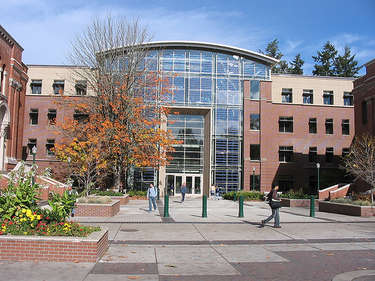
Should higher education be regulated?
If someone were to ask me this question in 1990, I would have said, “absolutely not.” I was an undergraduate in business and economics and self-regulation as a preventative measure to regulation was the code of the day. Regulation creeps in when there are market failures.
Fast forward fifteen years and I had a dean who was making a big deal out of regional accreditation, stating that without it, the Federal government might step in to regulate the higher education industry. This was in an era between Enron and the subprime mortgage meltdown and I wasn’t so sure about self-regulation in higher education. Why? Over the past few years, I’ve thought about higher education as an institution with multiple stakeholders. The university not just a place to get a degree or obtain pre-professional skills, but a site of lifelong learning that’s integrated into a larger local and regional community. In light of this, I’ve thought about how distance learning factors in the mix and have seen these and “industrial park” programmes pass for higher education that are suspect at best. I began to wonder if the higher-education model may be broken? I’m not sure I’ll go that far, but I have concerns about the value-added and the shift of higher education towards being a business. Given this, I’ve been wondering if there should be some standards in place and who should develop them?
I’m not interested in a standardization of education or a regulatory body making curricular decisions, but one of the things that can make a university a unique place for developing and disseminating ideas is a sense of community that’s embedded within an organizational culture. I get a sense that many institutions of higher education are struggling with how to remain relevant and viable, in light of looming global and domestic competition for students. Perhaps a good first step is to develop guidelines with respect to channel {mode of instruction}, structure {organizational}, and governance {decision-making} in light of all of the stakeholders. The question remains is who should develop this? Accrediting bodies, which are comprised of member universities, or the government?
When I was at the University of Oregon, the doctoral students gathered around regularly, shared a beer, and discussed what they were working on or challenges in the classroom {we taught independent preps of undergraduate courses}. I now realize that that type of “community” is quite rare and The Chronicle of Higher Education has hundreds of articles on the solitary toil of the academic. Is community the answer and can community help to restructure or regulate higher education?
Twitterversion:: Should higher ed. be regulated in light of distance learning & industrial park programmes? Does academic community matter? @Prof_K
Song:: Steely Dan-‘My Old School’

Comments